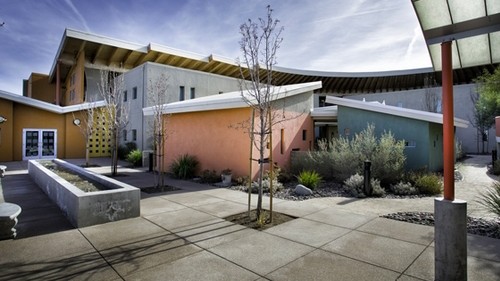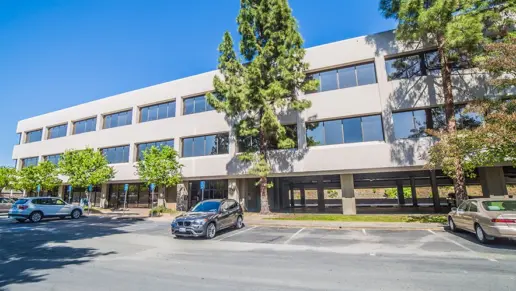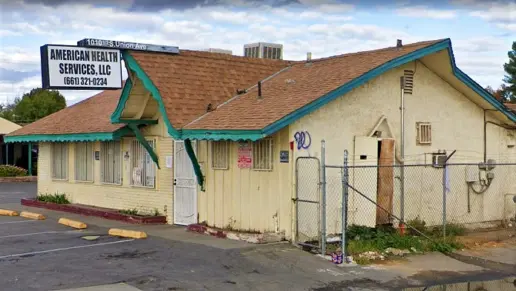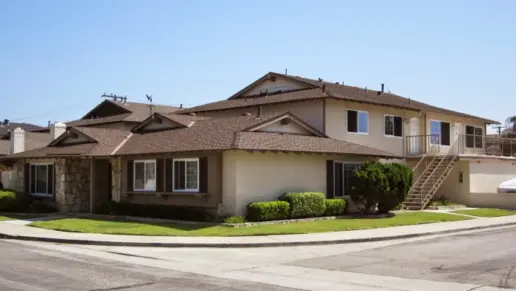About Penny Lane Centers Antelope Valley
Penny Lane Centers is a drug rehab facility in Lancaster, California. The center offers treatment for substance use disorder, alcohol use disorder, opioid and chemical dependency, and co-occurring mental and behavioral health disorders. Services include intensive outpatient programs (IOPs), general outpatient programs (OPs), dual diagnosis, case management, sober living housing, and aftercare. Mobile units, telehealth, and limited legal services may be available. Penny Lane Centers provides specialized programs for young adults, families, children, teenagers, homeless and indigent persons, justice-involved persons, and the LGBTQ+ community. Services are available in English and Spanish.
Clients experiencing acute substance use disorder receive an individual treatment plan. Services can include individual and group counseling, peer support, and periodic testing and evaluations. Clients undergo evidence-based treatments based on cognitive behavioral therapy (CBT), and may be enrolled in a 12 Step program for physical and emotional wellness.
Penny Lane Centers’ wraparound program is available only to justice-involved children and teenagers under court order. Clients may receive individual and group therapy, psychotherapy, life skills development, mentorships, parental training and guidance, and clinical mental and emotional support in a safe environment. Wraparound services may coordinate with child support services, the child welfare system, and foster care services.
At Penny Lane Centers, clients receive a customized treatment plan that can include individual and group therapy, preventive strategies, and peer support. Clients may also receive psychiatric support and life skills development.
Penny Lane Centers provides continual support in a variety of programs and affiliations with local and state agencies. Services can include transient and permanent residential housing, the 24/7 Intensive Services Foster Care Behavioral Health Program, and other recovery assistance support. Clients may be referred for additional, specialized treatment at outside facilities.
Penny Lane Centers is accredited by The Joint Commission.
Penny Lane Centers offers self-pay and financing options. The center may be in-network with insurance providers such as Aetna, Anthem, BlueCross/BlueShield, Cigna, Humana, and TRICARE. Please check with your insurance provider for specific details concerning out-of-network benefits.
Facility Overview
Rehab Score
Gallery

Location
Other Forms of Payment
Financial aid can take many forms. Centers may have grants or scholarships available to clients who meet eligibility requirements. Programs that receive SAMHSA grants may have financial aid available for those who need treatment as well. Grants and scholarships can help you pai for treatment without having to repay.
Medicare is a federal program that provides health insurance for those 65 and older. It also serves people under 65 with chronic and disabling health challenges. To use Medicare for addiction treatment you need to find a program that accepts Medicare and is in network with your plan. Out of pocket costs and preauthorization requirements vary, so always check with your provider.
Addiction Treatments
Levels of Care
Treatments
Mental health rehabs focus on helping individuals recover from mental illnesses like bipolar disorder, clinical depression, anxiety disorders, schizophrenia, and more. Mental health professionals at these facilities are trained to understand and treat mental health issues, both in individual and group settings.
Programs


Clinical Services
Cognitive Behavioral Therapy (CBT) is a therapy modality that focuses on the relationship between one's thoughts, feelings, and behaviors. It is used to establish and allow for healthy responses to thoughts and feelings (instead of unhealthy responses, like using drugs or alcohol). CBT has been proven effective for recovering addicts of all kinds, and is used to strengthen a patient's own self-awareness and ability to self-regulate. CBT allows individuals to monitor their own emotional state, become more adept at communicating with others, and manage stress without needing to engage in substance abuse.
Whether a marriage or other committed relationship, an intimate partnership is one of the most important aspects of a person's life. Drug and alcohol addiction affects both members of a couple in deep and meaningful ways, as does rehab and recovery. Couples therapy and other couples-focused treatment programs are significant parts of exploring triggers of addiction, as well as learning how to build healthy patterns to support ongoing sobriety.
Research clearly demonstrates that recovery is far more successful and sustainable when loved ones like family members participate in rehab and substance abuse treatment. Genetic factors may be at play when it comes to drug and alcohol addiction, as well as mental health issues. Family dynamics often play a critical role in addiction triggers, and if properly educated, family members can be a strong source of support when it comes to rehabilitation.
Group therapy is any therapeutic work that happens in a group (not one-on-one). There are a number of different group therapy modalities, including support groups, experiential therapy, psycho-education, and more. Group therapy involves treatment as well as processing interaction between group members.
In individual therapy, a patient meets one-on-one with a trained psychologist or counselor. Therapy is a pivotal part of effective substance abuse treatment, as it often covers root causes of addiction, including challenges faced by the patient in their social, family, and work/school life.
Trauma therapy addresses traumatic incidents from a client's past that are likely affecting their present-day experience. Trauma is often one of the primary triggers and potential causes of addiction, and can stem from child sexual abuse, domestic violence, having a parent with a mental illness, losing one or both parents at a young age, teenage or adult sexual assault, or any number of other factors. The purpose of trauma therapy is to allow a patient to process trauma and move through and past it, with the help of trained and compassionate mental health professionals.
Contact Information
43520 Division street
Lancaster, CA 93535


